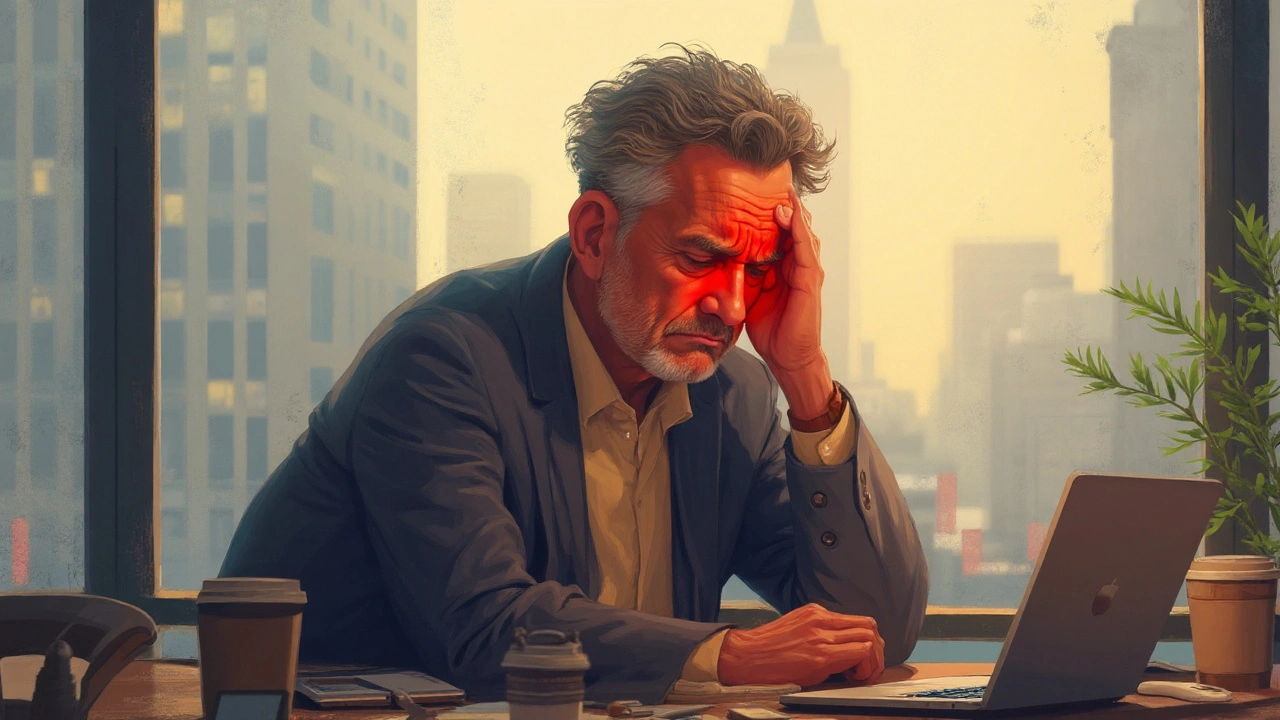Optic Nerve Damage: Causes, Symptoms, and What You Can Do
When your optic nerve, the bundle of fibers that carries visual information from your eye to your brain. Also known as cranial nerve II, it doesn't regenerate once damaged—so protecting it matters more than most people realize. This isn't just about blurry vision. It’s about losing the ability to see color, depth, or even peripheral sight. You might not notice it until it’s too late, because damage often happens slowly, silently.
Common causes include glaucoma, a group of eye diseases that increase pressure inside the eye and crush the optic nerve over time, optic neuritis, inflammation often linked to multiple sclerosis or infections, and long-term use of certain medications like steroid eye drops. Even high blood pressure, diabetes, or trauma can lead to nerve damage. Some people develop it after a stroke, as the brain’s ability to process signals from the eye gets disrupted. And while rare, tumors pressing on the nerve or severe infections like Lyme disease can also be culprits.
You won’t always feel pain, but symptoms are clear: faded colors, trouble seeing in low light, blind spots, or sudden vision loss in one eye. If you’ve been using steroid eye drops like Pred Forte, a potent anti-inflammatory used for eye inflammation for months or years, you’re at higher risk. The same goes for people managing chronic conditions like multiple sclerosis or those on long-term antibiotics that affect nerve health. It’s not just about the eyes—it’s about the whole system.
What you’ll find in the posts below are real, practical guides from people who’ve been there. You’ll see how optic nerve damage connects to glaucoma treatments, why steroid eye drops can help—or hurt—and how other conditions like stroke or autoimmune disorders play a role. There’s no fluff. Just clear comparisons: how Betoptic and Pred Forte differ in their impact on nerve health, how stroke affects visual pathways, and what drugs might be safer if you’re already at risk. You’ll learn what to ask your doctor, what symptoms to track, and which treatments actually slow down the damage—not just mask it.
Explore how stress influences glaucoma, its symptoms, and practical ways to manage pressure and protect your vision.

